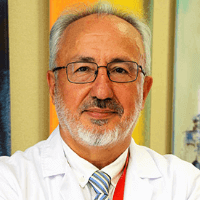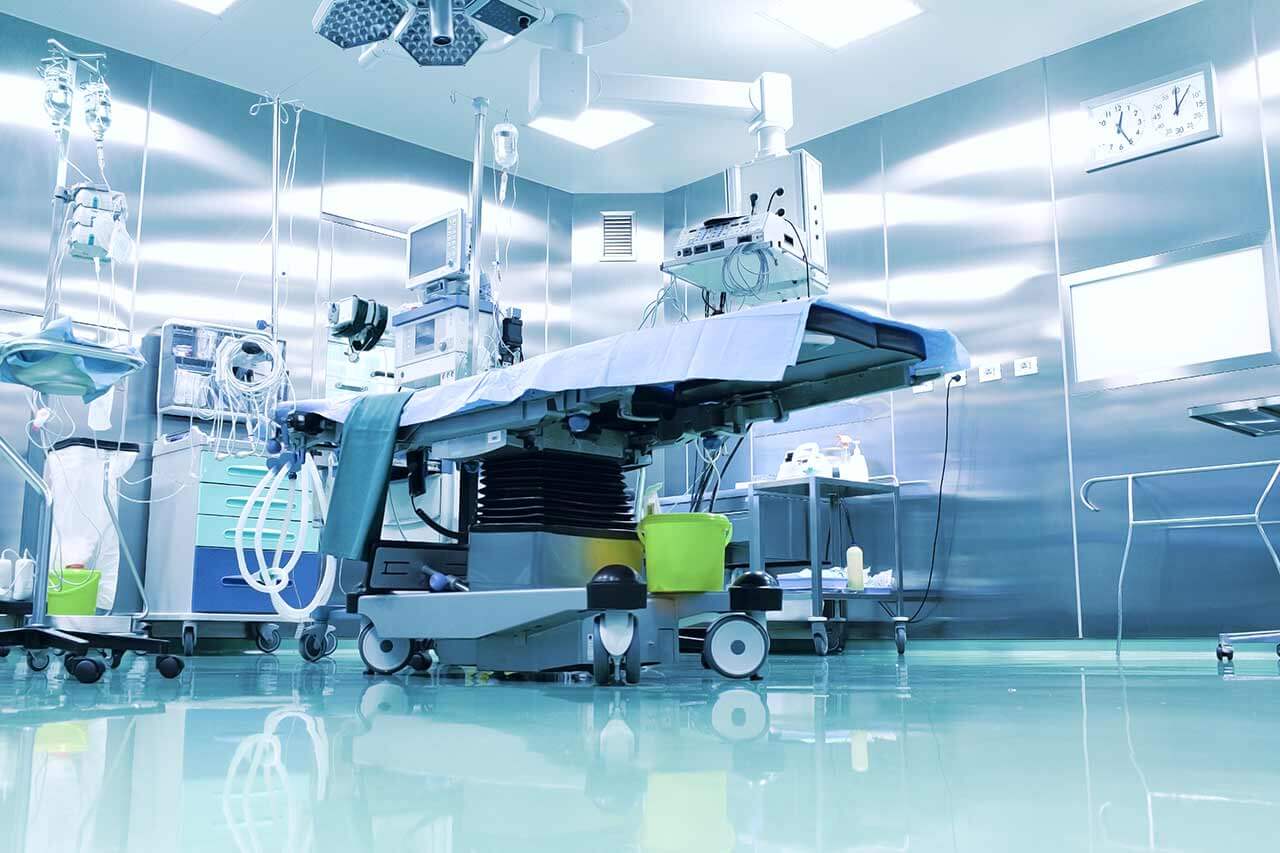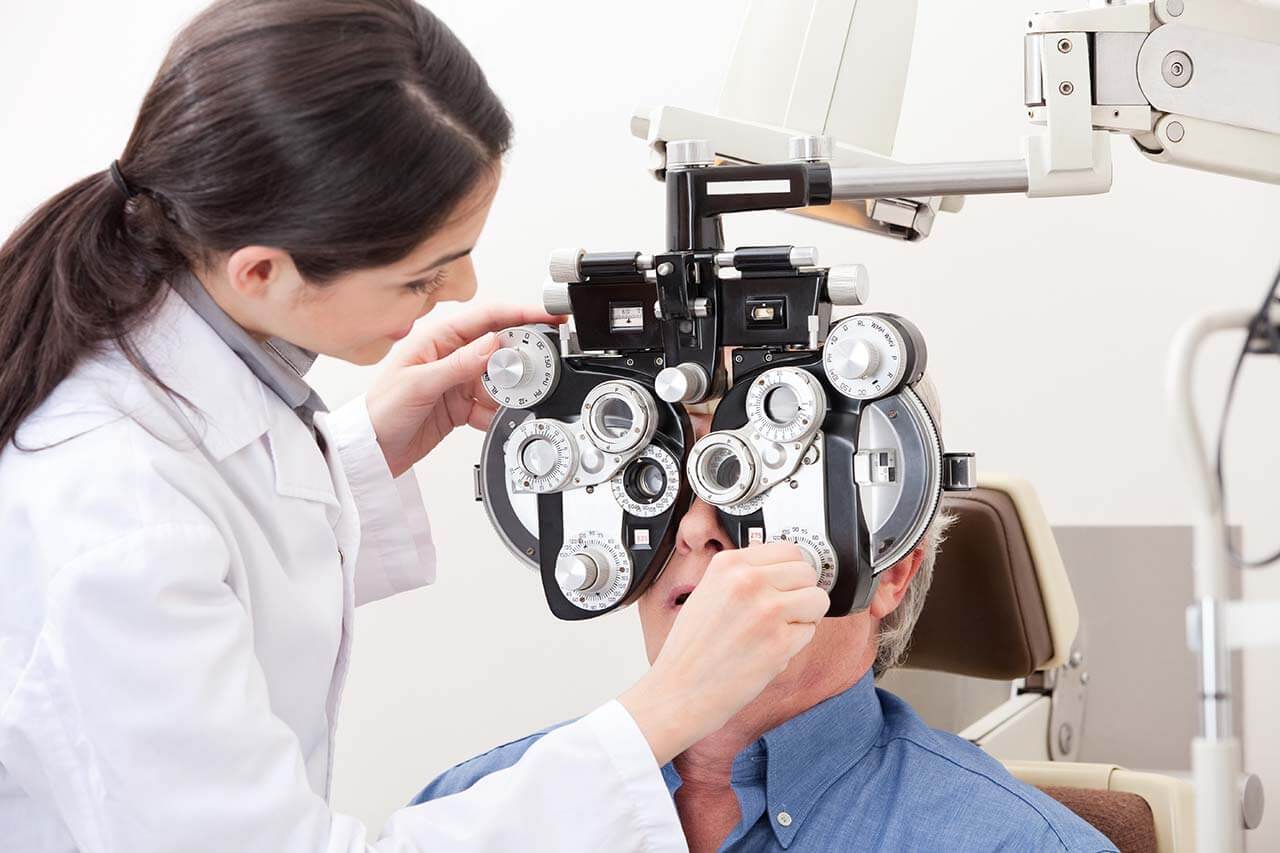
The program includes:
- Initial presentation in the clinic
- case history collection
- general clinical examination
- laboratory tests:
- complete blood count
- general urine analysis
- biochemical analysis of blood
- TSH-basal, fT3, fT4
- tumor markers
- indicators of inflammation
- indicators blood coagulation
- ultrasound
- CT/MRI scanners
- endosonography/ cholangigraphy
- gastroscopy with biopsy and ercp or pops
- symptomatic treatment
- cost of essential medicines
- nursing services
- stay in the hospital with full board
- full hospital accommodation
- elaboration further recommendations
Required documents
- Medical records
- MRI/CT scan (not older than 3 months)
- Biopsy results (if available)
Service
You may also book:
 BookingHealth Price from:
BookingHealth Price from:
About the department
The Department of Gastroenterology and Hepatology at the Memorial Sisli Hospital Istanbul offers the full range of highly accurate diagnostics and effective treatment of gastrointestinal diseases, including diseases of the liver, gallbladder and biliary tract. The clinical practice involves the use of state-of-the-art endoscopic equipment for colonoscopy, gastroscopy, rectosigmoidoscopy, esophagogastroduodenoscopy, endoscopic retrograde cholangiopancreatography and other diagnostic examinations. The exceptional professionalism of the department's doctors allows them to successfully deal with both simple digestive diseases and especially complex gastroenterological pathologies, including cancer. Each patient receives an individual approach, as well as an optimal treatment regimen with due consideration of his specific needs and wishes. The Chief Physician of the department is Prof. Dr. med. Yılmaz Cakaloglu.
The department's doctors devote enough time to counseling patients. During the initial consultation, the attending physician attentively listens to the patient's complaints, studies his medical history and carries out a clinical examination. Then the patient is individually prescribed diagnostic examinations, including laboratory tests and instrumental diagnostic methods. With the available results of diagnostic tests, the doctor can comprehensively assess the state of one or another organ and, accordingly, make an accurate clinical diagnosis.
In many cases, the department's medical team is limited to drug therapy using modern highly effective drugs. For example, in the case of stomach ulcers, gastritis, gastroesophageal reflux disease, pancreatitis and hepatitis, it is enough to select the optimal set of drugs, which will help eliminate symptoms and stop the pathological process. However, the patients with bowel polyps, gastrointestinal hemorrhage, esophageal stricture and esophageal varices require interventional endoscopic treatment.
One of the department's key focuses is the diagnostics and treatment of gastrointestinal cancers. The most common are stomach cancer, esophageal cancer, bowel cancer and gallbladder cancer. To successfully treat cancer, an interdisciplinary approach is required. Therefore, oncologists, chemotherapists, radiation therapists, radiologists, surgeons and other specialists are involved in the therapeutic process. The treatment regimen for gastrointestinal cancers is developed with the participation of all of the above mentioned doctors, at the tumor boards. As a rule, cancer patients require a surgical resection of the tumor, which is performed by specialists in the field of general surgery. The operation is complemented by chemotherapy and/or radiation therapy. The department's doctors can remove small tumors during endoscopic procedures.
In addition, the department is distinguished by special competence in the treatment of gastroesophageal reflux disease – chronic recurrent disease characterized by the regular reflux of stomach and duodenal contents into the esophagus. If untreated, the pathology can cause serious complications, such as esophageal stricture, hemorrhage and precancerous conditions (Barrett's esophagus). In this regard, when developing a course of treatment for the patient, the doctors aim not only to eliminate symptoms and stop the inflammatory process in the esophagus, but also to prevent the development of life-threatening complications. To confirm the diagnosis of gastroesophageal reflux disease, the department's specialists perform X-ray of the esophagus and duodenum with barium sulfate solution, esophagogastroduodenoscopy, esophageal manometry and 24-hour esophageal pH test. For patients with a mild form of pathology, it is enough to modify their lifestyle (quitting bad habits and certain products), as well as to have drug treatment, the regimen of which is adapted to the clinical case of each patient.
The department's hepatologists specialize in the treatment of hepatitis, including viral hepatitis types A, B, D, E, cirrhosis, alcoholic liver disease, liver cancer, etc. Liver diseases are treated with the very latest drugs. Should a surgical intervention be required, the doctors from the Department of General Surgery will be involved in the therapeutic process.
The department's range of medical services includes:
- Gastroenterology
- Diagnostics and treatment of gastritis
- Diagnostics and treatment of peptic ulcers
- Diagnostics and treatment of gastrointestinal bleeding
- Diagnostics and treatment of bowel polyps
- Diagnostics and treatment of Barrett's esophagus
- Diagnostics and treatment of esophageal stricture
- Diagnostics and treatment of pancreatitis
- Diagnostics and treatment of gallstone disease
- Diagnostics and treatment of inflammatory bowel disease
- Crohn's disease
- Ulcerative colitis
- Diagnostics and treatment of gastrointestinal cancers
- Stomach cancer
- Esophageal cancer
- Rectal cancer
- Bowel cancer
- Hepatology
- Diagnostics and treatment of liver cancer
- Diagnostics and treatment of viral hepatitis types A, B, D, E
- Diagnostics and treatment of cirrhosis
- Diagnostics and treatment of liver cysts
- Other medical services
Curriculum vitae
Professional Career
- Since 2007 Head of the Department of Gastroenterology and Hepatology at the Memorial Sisli Hospital Istanbul, Istanbul, Turkey.
- 1992 - 2008 Lecturer on Gastroenterology in the Department of Internal Medicine, Faculty of Medicine, Istanbul University, Istanbul, Turkey.
- 1991 - 1992 Clinical Research Fellow, Institute of Liver Studies at the Faculty of Medicine of the King's College, London, England.
Higher Education and Postgraduate Training
- 1982 - 1991 Specialized Training in Internal Medicine, Faculty of Medicine at the Istanbul University, Istanbul, Turkey.
- 1975 - 1981 Study of Human Medicine, Faculty of Medicine, Uludag University, Bursa, Turkey.
Memberships in Professional Societies
- Turkish Society of Gastroenterology.
- Turkish Association for the Study of the Liver (Founding Member and President).
- Turkish Liver Foundation (President).
- European Association for the Study of the Liver (EASL).
- American Association for the Study of Liver Diseases (AASLD).
- American Gastroenterological Association (AGA).
Photo of the doctor: (c) Memorial Şişli Hospital
About hospital
The Memorial Sisli Hospital Istanbul is the largest and leading medical complex in Turkey, which meets the highest standards of medical care when providing the advanced diagnostics and treatment using the very latest methods. The hospital is part of the Memorial Health Group – it was the first project of this provider of medical services. The medical center opened its doors to the first patient in 2000. The hospital became the first in Turkey and the twenty-first in the world holder of the JCI (Joint Commission International) accreditation certificate. Only the best and the most reputable hospitals in the world medical arena can receive this certificate.
The hospital has 292 beds for patient hospitalization. The surgical treatment is performed in 13 high-tech operating rooms. The medical complex also has 4 intensive care units, 3 state-of-the-art laboratories, specialized centers, including the In Vitro Fertilization Center, the Transplant Center, the Center for Genetic Diseases, the Bone Marrow Transplant Center, the Robotic Surgery Center, the Cancer Center and others.
The hospital has achieved particular success and international recognition in such medical fields as ophthalmology, reproductive medicine, plastic surgery, cardiology and cardiac surgery, transplantology, genetics. The highly qualified doctors who have undergone professional training in the best hospitals in Turkey, Europe and the USA take care of the patients' health. The specialists have a tremendous clinical experience and thousands of saved lives.
It is worth noting that the medical complex has earned a strong reputation not only in Turkey, but also at the international level – the hospital holds consultations, provides diagnostics and treatment for patients from 92 countries.
Image: (c) depositphotos
Accommodation in hospital
Patients rooms
The patients of the Memorial Sisli Hospital Istanbul live in comfortable single or double rooms with all the necessary amenities. The patient rooms are made in a modern design. The standard patient room includes an automatically adjustable bed, a bedside table, a wardrobe for storing personal belongings, a telephone and a TV. Each patient room also has an ensuite bathroom with shower and toilet. The patient rooms have Wi-Fi.
Meals and Menus
The patient and the accompanying person are offered tasty and balanced three meals a day. If for some reason you do not eat all foods, you will be offered an individual menu. Please inform the medical staff about your food preferences prior to treatment.
Further details
Standard rooms include:
Accompanying person
During the inpatient program, the accompanying person can live with the patient in a patient room or a hotel of his choice. Our managers will help you choose the most suitable option.
Hotel
During an outpatient program, the patient can stay at the hotel of his choice. If desired, the patient can stay in a five-star hotel on the territory of the hospital. Our managers will help you choose the most suitable option.




